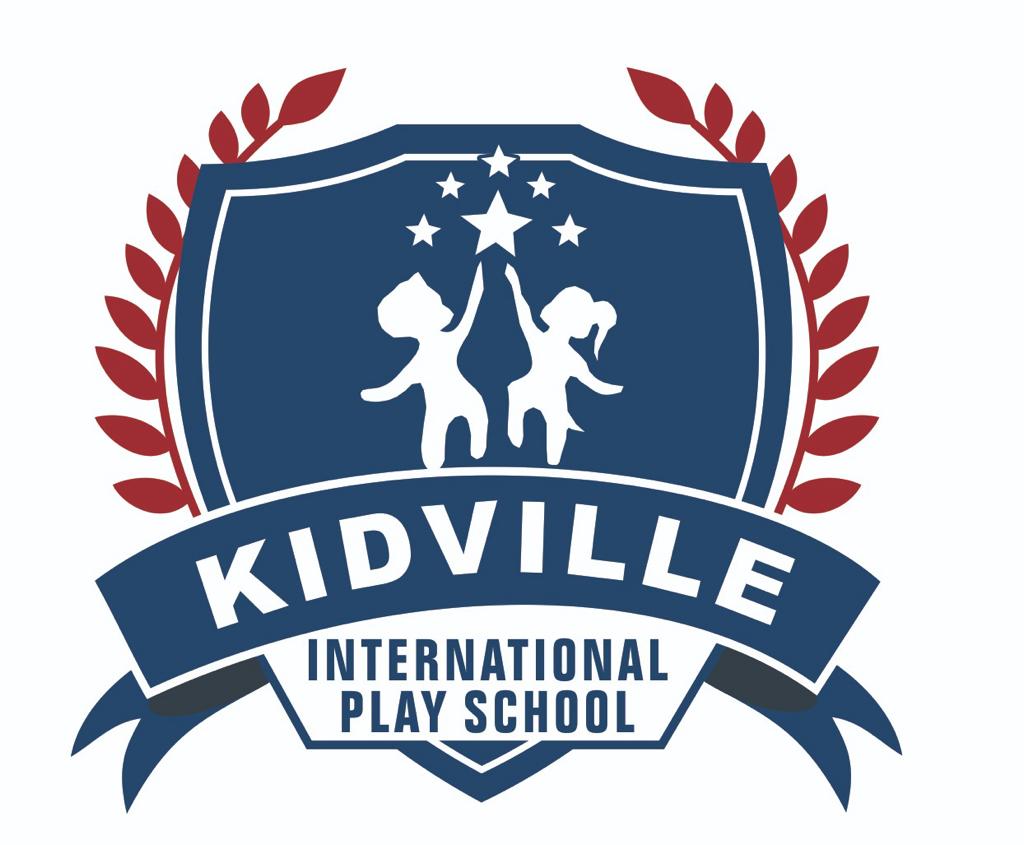Early literacy skills are the foundation for future reading and writing success. These skills encompass a range of abilities, including vocabulary, phonological awareness, and print knowledge. As a parent or caregiver, you play a crucial role in nurturing these skills from an early age. Here’s a comprehensive guide on how to build early literacy skills in preschoolers.
Why Early Literacy Matters
Early literacy is more than just teaching a child to read. It involves developing a love for books, understanding the structure of language, and fostering critical thinking. Children who are exposed to rich literacy experiences in their preschool years tend to perform better academically later on. Early literacy helps in:
- Language Development: Enhancing vocabulary and comprehension skills.
- Cognitive Development: Improving memory, attention, and problem-solving abilities.
- Social and Emotional Growth: Encouraging communication skills and empathy through storytelling.
Key Early Literacy Skills
- Vocabulary Development:
- Understanding and using a variety of words.
- Expanding a child’s expressive and receptive vocabulary.
- Phonological Awareness:
- Recognizing and manipulating sounds in spoken language.
- Understanding rhymes, syllables, and initial sounds.
- Print Awareness:
- Recognizing print in the environment.
- Understanding that print carries meaning and follows specific rules (left to right, top to bottom).
- Letter Knowledge:
- Recognizing letters and understanding that they represent sounds.
- Beginning to understand the alphabetic principle.
- Narrative Skills:
- Understanding and telling stories.
- Predicting what will happen next in a story and recalling details.
Strategies to Build Early Literacy Skills
1. Read Aloud Every Day: Reading aloud to your child is one of the most effective ways to build early literacy skills. Choose a variety of books, including stories, informational books, and poetry. Discuss the pictures, ask open-ended questions, and encourage your child to predict what will happen next.
2. Create a Print-Rich Environment: Surround your child with written language. Label objects around the house, have a variety of books accessible, and display posters with letters and words. Encourage your child to interact with print in their environment.
3. Play with Language: Incorporate songs, rhymes, and word games into your daily routine. These activities make learning fun and help children become aware of the sounds in words. Clap out syllables, create rhyming challenges, and play “I Spy” games with initial sounds.
4. Encourage Storytelling: Promote narrative skills by encouraging your child to tell stories. Ask them to recount their day, make up stories based on pictures, or retell their favorite books. Use prompts like “What happened next?” or “Why do you think the character did that?”
5. Introduce Letter Recognition: Help your child recognize and name letters in a playful manner. Use alphabet puzzles, magnetic letters, and letter-based crafts. Sing the alphabet song and point out letters in everyday contexts, such as on signs and packaging.
6. Engage in Shared Writing: Involve your child in writing activities. Write shopping lists together, create greeting cards, or keep a daily journal. Encourage your child to “write” by drawing and scribbling, gradually introducing them to forming letters.
7. Visit the Library: Regular visits to the library expose your child to a wider range of books and literacy programs. Participate in storytime sessions and other literacy-related activities offered by the library.
Tips for Parents and Caregivers
- Be Patient and Positive: Every child develops at their own pace. Celebrate small successes and avoid putting pressure on your child.
- Model Reading and Writing: Let your child see you reading books, writing lists, or enjoying a newspaper. Modeling these behaviors shows that literacy is a valuable and enjoyable part of everyday life.
- Incorporate Literacy into Daily Activities: Integrate literacy into routine tasks, such as reading recipes while cooking, identifying letters on cereal boxes, or writing down plans for the day.
- Use Technology Wisely: Educational apps and e-books can be beneficial when used in moderation. Choose high-quality, age-appropriate digital resources that encourage active participation rather than passive consumption.
Conclusion
Building early literacy skills is a joyful and rewarding journey that sets the stage for lifelong learning. By incorporating these strategies into your daily interactions with your preschooler, you can foster a love for reading and writing that will benefit them throughout their educational journey. Remember, the goal is to make literacy a fun, engaging, and integral part of your child’s life.


